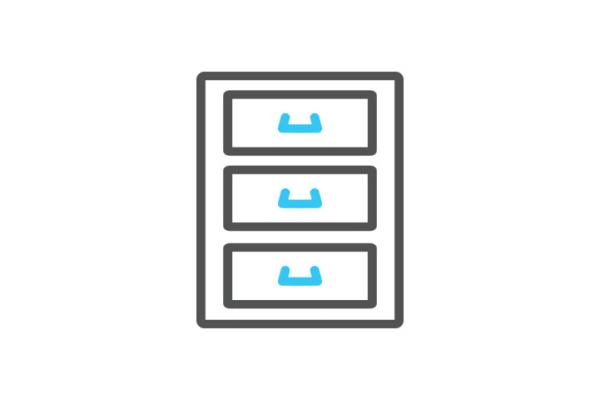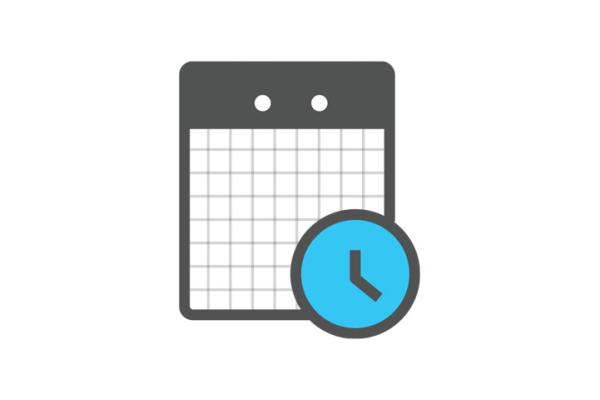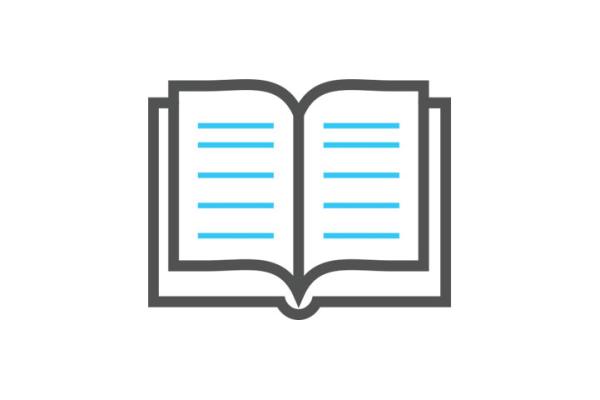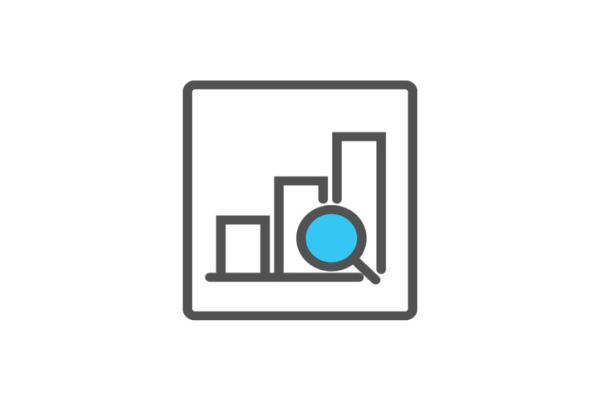On 11 December 2018, the Expert Group on Health Information (EGHI) discussed future cooperation with the Steering Group on Health Promotion, Disease Prevention and Management of Non-Communicable Diseases (SGPP). The EGHI was also updated about the Joint Action on Health Information (InfAct) activities.
In addition, the EGHI was informed on ESTAT’s latest developments in health statistics and ongoing collaborations with the Organisation for Economic Co-operation and Development (OECD) and World Health Organization (WHO).
6 June 2018: The Expert Group on Health Information met in Luxembourg to discuss the Joint Action on Health Information, possible services and tasks provided by the European Research Infrastructure Consortium on Health Information for Research and Evidence-based Policy (HIREP-ERIC), establishment and mandate of the Steering Group on Promotion and Prevention and possible cooperation with the EGHI and the HIREP-ERIC, the first State of Health in the EU cycle and the next step in preparing the second cycle.
The meeting was also an occasion to inform on a few recent Commission initiatives to increase availability of and boost sharing of health data and on the European Cancer Information System (ECIS). Also, OECD updated members on the recently completed Commission co-funded patient safety indicator project and it's follow-up and ESTAT informed about the consultation process on future needs for population statistics.
6 December 2017: The Expert Group on Health Information met in Luxembourg to discuss the transition from the BRIDGE Health project to the forthcoming Joint Action on Health Information (InfAct). The meeting was also an occasion to inform on the recent outcomes of the State of Health Cycle, namely the 28 Country Health Profiles, the Commission's Companion Report as well as the on the future voluntary exchanges.
The collaboration with International Organisations was also discussed as the best way forward to reduce reporting burden on Member States.
9 June 2017: The first joint meeting of the Expert Groups of Health Information (EGHI) and Health System Performance Assessment (HSPA) has taken place. Jean-Claude SCHMIT, Chief Medical Officer of Luxembourg, welcomed the participants on behalf of the Luxembourg Government and thanked DG SANTE for its efforts to support Member States in developing the necessary evidence base for improving the performance of their health systems.
The two Expert Groups agreed to enhance cooperation between health information and health system performance assessment activities at the national level (especially between the respective countries' EGHI and HSPA members and the different national administrations involved). It was agreed that this collaboration would focus on:
- identifying a sustainable health information structure in the EU to support health system performance monitoring, assessment, and improvement at the national level;
- reviewing the policy-relevance of on-going health information activities (including the internationally collected health indicators) and establish priorities with the aim of reducing the data collection burden on Member States.
8 June 2017: The Expert Group on Health Information has reviewed Member States's proposals for Work Packages to be carried out as part of the Joint Action on Health Information. EGHI members welcomed all proposals but called for greater synergies between the Work Packages, with past and current external projects, and with international organisations (especially WHO-Europe and OECD) to avoid any duplication.
Interested Member States' Competent Authorities continue developing the scope of the Work Packages and would submit the official Joint Action proposals to CHAFEA by the 28th September 2017 deadline.
16 February 2017: A preliminary informal scoping meeting of the Joint Action on Health Information towards a sustainable EU health information system that supports country knowledge, health research and policy-making has taken place with the participation of EGHI members from 16 EU/EEA Member States, as well as representatives from WHO-Europe, Eurostat, and CHAFEA.
The purpose of the meeting was to identify the general direction and broad aims of the planned Joint Action on Health Information. The brainstorming session started by reviewing comments received from senior Member State officials at the recent 'Working Party on Public Health at Senior Level' meeting regarding plans to launch an ERIC on Health Information.
The Group acknowledged the need for better governance of health information generation, the need to better align health information with policy priorities, and to reduce duplications and unnecessary data collection burden on Member States.
To address these requirements, the Group identified a set of possible work areas for Joint Action:
- Mapping currently produced health indicators to policy priorities and agreeing on criteria to identify duplications and gaps in the data coverage (in collaboration with WHO and OECD);
- Prioritising health information generation activities;
- Mapping capacity and building capacity where needed;
- Improving the coverage and robustness of health indicators in high priority areas;
- Producing health indicators more cost-effectively using electronic / administrative data;
- Finalising the blueprint for a sustainable EU Health Information System building on 1-5;
7 December 2016: The BRIDGE Health Task Force sub-group, with broad Member State participation, continued its work to steer the preparations to launch a European Research Infrastructure Consortium (ERIC) on Health information by defining further the ERIC's future tasks.
The ERIC Drafting Group sub-group has advanced further in drafting the ERIC application documents and deliberating its possible membership fee structure.
6 December 2016: The EGHI adopted its new Terms of Reference and Work Programme for 2017-2020. Some of the key tasks agreed for 2017-2020 include:
-
Providing technical support on mapping common areas of interest among International Organisations (e.g. OECD, WHO…) in view of simplification and reducing the reporting burden on Member States.
-
Advising the Commission on evidence gaps in the available health information and country knowledge, and on the need for further action, joint work and research in these areas.
-
Providing technical guidance on strengthening existing indicators and addressing priorities as identified by the State of Health in the EU cycle.
-
Providing technical guidance for the proposed Joint Action on Health Information leading towards a sustainable EU health information system that supports country knowledge, health research and policy-making.
-
Providing technical guidance for the proposed European Research Infrastructure Consortium on Health Information for Research and Evidence-based Policy.
The EGHI also approved the use of the Health Policy Platform, the EU's online tool, for sharing and discussing updates from Member States, Commission Services, and International Organisations, and to create a virtual space where EGHI members could collaborate between the physical meetings.
12 May 2016: The third meeting of the BRIDGE Health Task Force has taken place. The group agreed that the aim of an ERIC should be to reduce the workload on Member States regarding the development of health indicators and the collection of health data through facilitating collaboration between countries and other international organisations and developing indicators where needed.
11 May 2016: The EGHI meeting focussed on the development of the European Research Infrastructure Consortium (ERIC) on Health Information, and reviewed the preliminary draft concept paper for better coordinating EU health information activities, as presented by the BRIDGE Health Project.
The EGHI noted the need for sustainability and good coordination in initiatives related to health information in the EU, and agreed that an ERIC would be a potential tool to achieve these goals and to facilitate coordination between activities by the Commission as well as International Organisations such as the OECD and WHO.
Those Member States who volunteered to draft the ERIC application documents called for more countries to join the initiative, emphasising that broad ownership is imperative to enable the ERIC to serve the common interests of EU Member States.
The EGHI also decided to formalise its role and work programme and agreed that the Secretariat would make a proposal for a consolidated terms of reference by the next meeting.
13 November 2015: The second meeting of the BRIDGE Health Task Force has taken place. The Task Force discussed a number of possible options to set up a sustainable mechanism for health information in the EU. It was agreed that by the next meeting, the BRIDGE Health Project would explore further an ERIC as one of the options. Separately, it was agreed to set up a Drafting Group to consider the possible governance structure of an ERIC.
12 November 2015: The EGHI further discussed the 'State of Health in the European Union' cycle and agreed that the proposed cycle could help identify health information gaps and possible synergies to better target EU actions in the area of health. The EGHI also reviewed and commented the improved European Core Health Indicator Data tool.
20 May 2015: The first meeting of the BRIDGE Health Task Force has taken place. Besides agreeing on the working methods, the Task Force asked the BRIDGE Health Project to produce a first outline of a concept paper on a sustainable mechanism for Health Information in the EU, also including a possible European Research Infrastructure Consortium as a tool.
19 May 2015: The EGHI discussed plans for a 'State of Health in the European Union' cycle whose key objective would be to provide updated health information and analysis on the health status of the EU citizens based on the European Core Health Indicators (ECHI) as well as other key health indicators. The EGHI participants welcomed the initiative.
28-29 January 2015: In an extra-ordinary EGHI meeting, it was agreed to set up a Task Force to steer the BRIDGE-Health project in its work to inter-link existing health information initiatives, and advise preparations for a potential ERIC on Health Information. 26-27 November 2014: The EGHI reviewed the formal requirements of setting up a European Research Infrastructure Consortium (ERIC) and agreed to organise an extra-ordinary EGHI meeting to discuss further the possibility to launch an ERIC on Health Information.
20-21 May 2014: The EGHI reviewed the third EU Health programme 2014-2020 and discussed challenges in relation to health information and knowledge systems.
22-23 January 2014: The Ad-hoc Core working group on a potential ERIC on health information presented their deliberations in the document 'A potential ERIC on Health - Scoping paper for considerations of EU Member States and EEA/EFTA countries in the Expert Group on Health Information'.
29-30 May 2013: The EGHI discussed the possibility of establishing a European Research Infrastructure Consortium (ERIC) on Health Information. See the Non-paper on "Health Information System European Research Infrastructure Consortium" – HIS ERIC, which aims to describe elements of a possible long-term health information and knowledge system.




